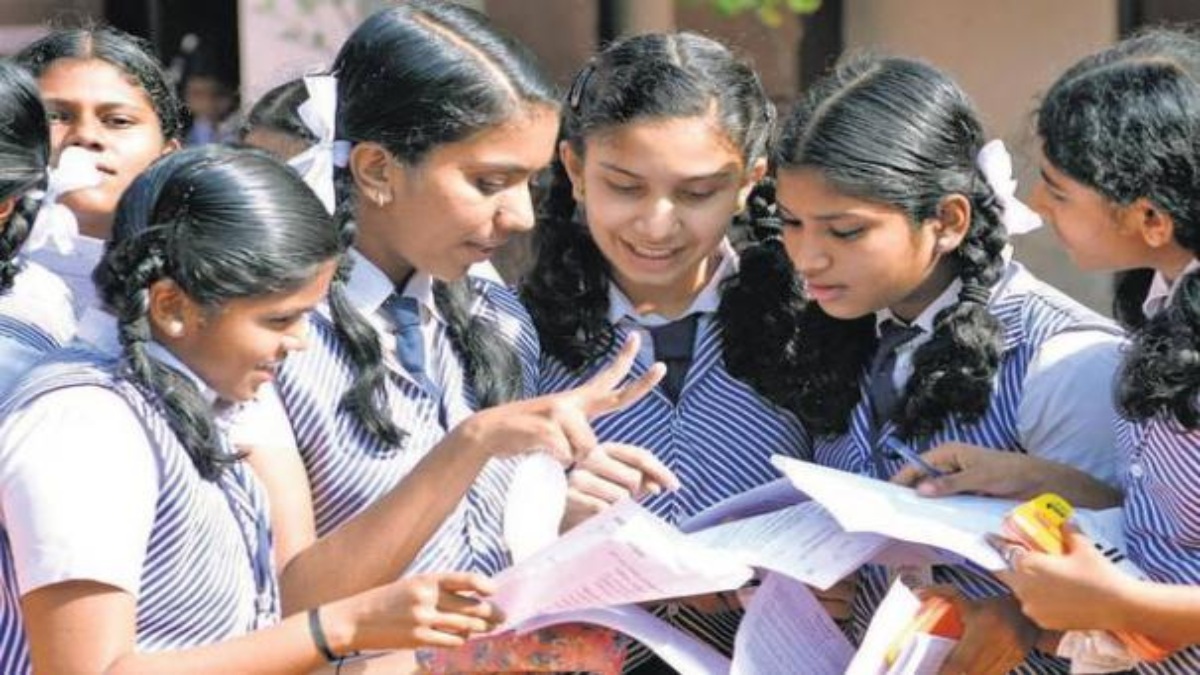No Board Exam Policy Brings a New Academic Structure
No Board exam for Class 11 students in Tamil Nadu will be conducted from the academic year 2025–26. The announcement was made in Chennai during the release of the State Education Policy – School Education by Chief Minister M.K. Stalin. This decision marks a significant change in how senior secondary education will be assessed in the state.
From this year onwards, Class 11 will no longer be burdened with a public board exam. Instead, the year will be treated as a preparatory stage for students transitioning between the Class 10 board exam and the crucial Class 12 public exam.
School Education Minister Anbil Mahesh Poyyamozhi explained that students will now be evaluated through continuous, competency-based internal assessments. The aim is to enhance subject understanding and skill-building without the intense pressure of a state-level examination.
Why the No Board Exam Decision Matters
This is not the first time the Class 11 exam policy has been in the spotlight. In 2017, the then AIADMK government introduced public exams for Class 11, creating a three-year consecutive board exam cycle for Classes 10, 11, and 12. Many educators and parents criticized the move, citing concerns over student stress levels.

As opposition leader at the time, M.K. Stalin strongly opposed the decision, warning that back-to-back public exams could negatively affect students’ mental health. Now, as Chief Minister, he has fulfilled his earlier stance by removing the exam entirely.
The new system aims to reduce academic pressure, giving students a balanced environment to focus on both academics and extracurricular skills. The policy highlights that easing this burden will allow for deeper learning rather than rote memorization.
Highlights of the State Education Policy
The State Education Policy unveiled alongside the No Board exam decision includes several other reforms to improve learning outcomes:
- School entry age set at five years to align with developmental readiness.
- Ban on coaching centers operating alongside schools to prevent overloading students.
- Two-language formula retained Tamil and English remain the mediums of instruction.
- Play-based learning introduced for early grades to promote creativity and critical thinking.
These measures reflect a student-first approach, ensuring that learning is both effective and enjoyable from the earliest years of schooling.
Impact on Students and Teachers
For students, the removal of the Class 11 board exam means a significant reduction in exam-related anxiety. This change allows them to spend more time mastering complex subjects and preparing for Class 12 without the added pressure of another high-stakes exam in between.

Teachers will also benefit from the policy as it provides them with greater flexibility in designing lessons and assessments that focus on real learning rather than only on exam preparation.
The state government believes that shifting to a competency-based evaluation will encourage critical thinking, creativity, and problem-solving skills qualities that are essential for higher education and future careers.
A Step Towards Balanced Education
The No Board exam policy is part of a broader vision to make Tamil Nadu’s education system more progressive and student-friendly. By treating Class 11 as a bridge year rather than a test-heavy period, the government hopes to instill confidence in students and encourage them to explore subjects in greater depth.
Education experts have welcomed the decision, noting that it aligns with global best practices where continuous assessment is prioritized over annual high-pressure exams. Many believe this could become a model for other states in India looking to reform their examination systems. Also Read: CM Stalin Announces 7 Powerful Shifts in State Education Policy to Challenge NEP
Conclusion
With the Class 11 board exam now removed, Tamil Nadu students will step into the 2025–26 academic year with less pressure and more opportunities for meaningful learning. The No Board exam move, coupled with other education policy changes, signals a shift towards a more balanced, skill-focused, and mentally healthy academic journey for the state’s young learners.

